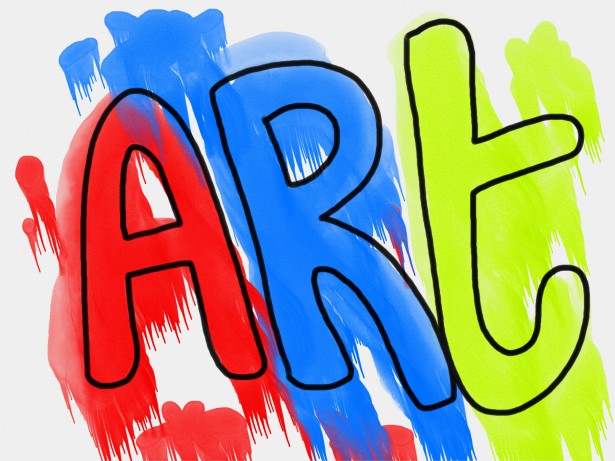TDF
Perched atop the mountainous terrain of Laos, the Laovan family goes about their every day in much the same manner as their most ancient ancestors. Their lives are defined by their customs and rituals, most of which have no relation to the comforts and conveniences of modern existence. But all of that might change soon as they face a crossroads in their lives. The Village above the Clouds is an emotionally enriching portrait of one proud family as they endure the undeniable calling of modern life.
The Laovan’s are members of the Akha, an indigenous tribe that has existed for well over 50 generations. This family of 12 is deeply steeped in the customs of their elders. They’re given assigned seating during meals, don traditional clothes, and observe very specific daily routines.
The filmmakers are patient observers of family’s every day realities. The women do the majority of the work in keeping their village running. They start the fires, clean the house, tend to the agriculture, feed the pigs and chickens, sew the clothes and even procure the wood from surrounding forests. The men care for the youngest children in the tribe while the women are otherwise engaged in these duties. They are a deeply spiritual people, and they even perform animal sacrifices to satisfy their superstitions.
Their isolation may allow them to feel closer to their roots, but it also leaves them without the conveniences of electricity, paved roads, running water, and quality medical care. They’ve pinned many hopes on their youngest child, a son who has traveled to a neighboring town to attend school for many years.
The local government urges residents of the village to move to a more hospitable and modern environment. To do so, however, would mean to abandon much of the culture they hold most dear. The dramatic pull of the film lies in this battle between adhering to one’s proud heritage and heeding the inevitable call for change.
The Village above the Clouds embeds us in a completely foreign culture, and finds a strong sense of humanity that we all share.




